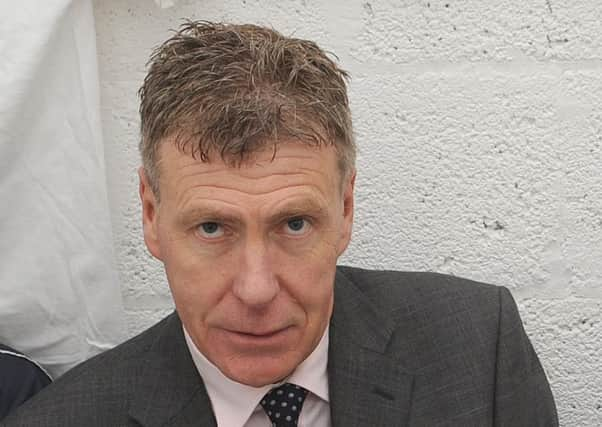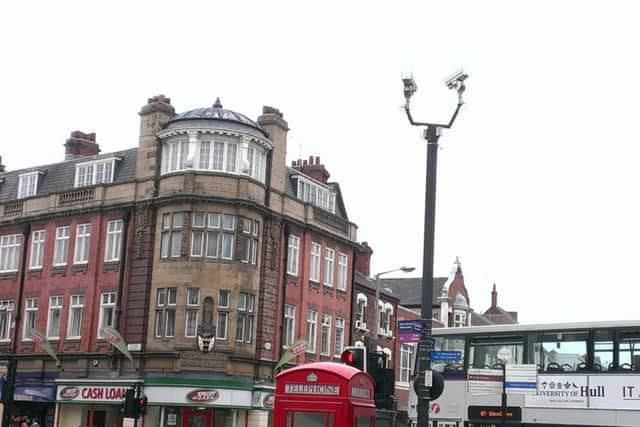Concern over Doncaster council's '˜covert surveillance' measures against residents


An inspection report by assistant surveillance commissioner Norman Jones found that council officials had conducted 18 snooping operations in the space of three years, which included targeting those selling counterfeit goods and illegal cigarettes. It also revealed how the authority is using Facebook to snare people selling illegal items.
Mr Jones added that the way the council documents details of surveillance operations was not up to scratch and the authority must take steps to ensure procedures are brought up to standard.


Advertisement
Hide AdAdvertisement
Hide AdCouncillors raised concerns about the report during an audit committee meeting at the Civic Offices on Thursday. Coun Austen White, committee chair, said: “I do not like what I read. The commissioner is saying we are not bad, but we are not good. We are five out of 10.”
In the three years to January 2016 the council carried out 13 ‘directed surveillance’ operations in which the person is not aware they are being surveilled, such as following someone to see if they are working while illegally claiming benefits. Officers also made five Covert Human Intelligence Sources (CHIS), in which the council may ‘use someone to establish a personal relationship for the covert purpose of obtaining information.’
Trading standards officers’ techniques included creating a “covert identify” and becoming Facebook friends with people suspected of selling illegal goods. The report said: “A relationship would be established with the seller and arrangements would be made for the officer to collect goods from an address.”
The meeting heard that the number of applications for surveillance operations was more than 50 per cent less in the last three years compared with 2009 to 2012, in which there had been 43 applications. This was because the council was now relying more on signed CCTV cameras instead of covert techniques.


Advertisement
Hide AdAdvertisement
Hide AdCommissioner Jones said staff needed more training to improve how they put together applications to the magistrates courts for permission to carry out surveillance operations as some failed to explain “why covert surveillance is necessary.”
Helen Potts, principal legal officer, said council staff were now having additional training.